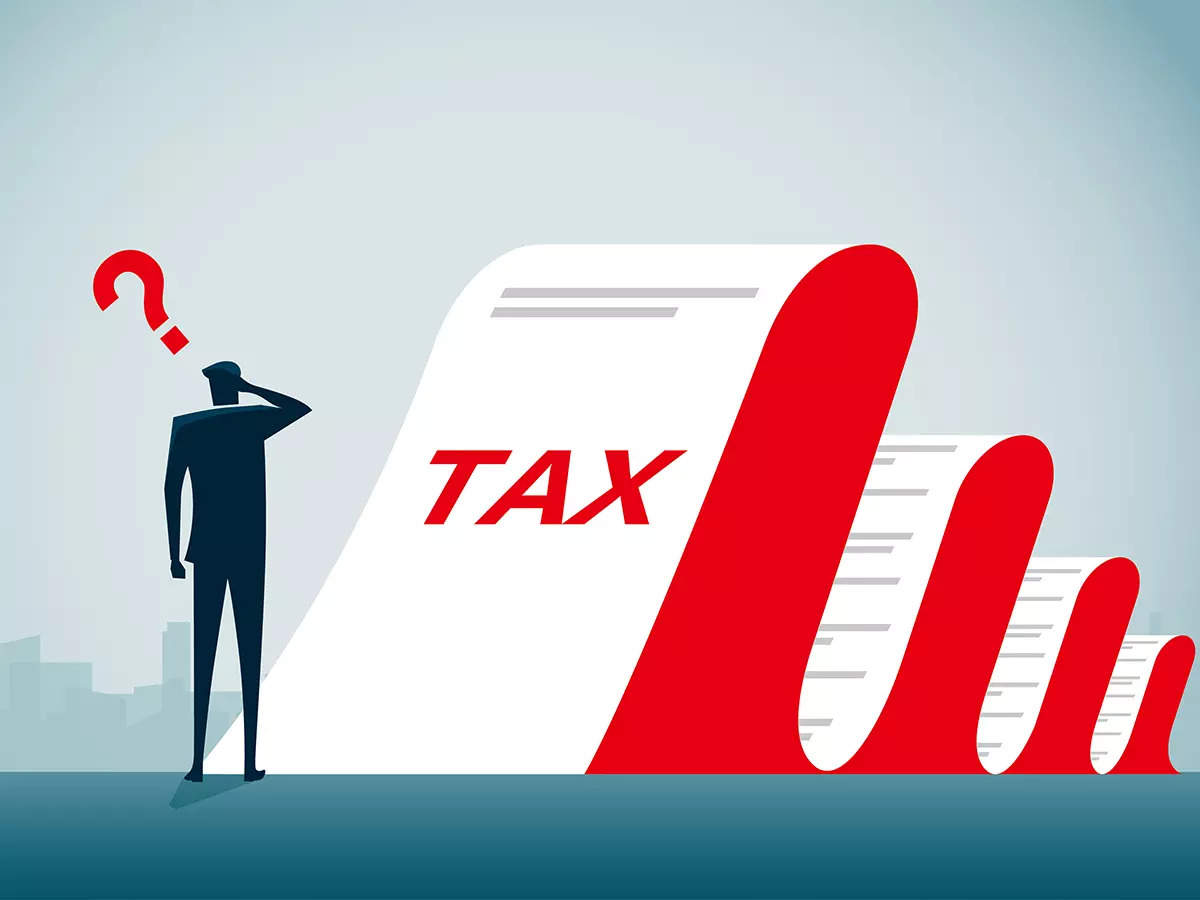Will a Freelance Professional be Subject to UAE Corporate Tax?
As per the regulations of corporate tax in the UAE, any taxable income exceeding AED 375,000 will be subject to Corporate Tax. This tax system will also be applicable to freelancers and independent contractors in the UAE who work for themselves if their income goes beyond the AED 375,000 limit. Before heading deeper into how UAE corporate tax applies to freelancers, let’s take a look at the diverse aspects of corporate tax and implications.
UAE Corporate tax
Being the pro-business hub, the nation provides businesses with unparalleled access to cutting-edge infrastructure, technological advancements, 100% foreign ownership, and a tax-free culture. These advantages draw hundreds of professionals to the UAE each year in search of intriguing career prospects. This is why the Ministry of Finance of the UAE published Federal Decree-Law No. 47 of 2022, which establishes the legal foundation for corporate tax on commercial profits in the UAE.
The UAE has taken this step to follow international norms and comply with Pillar 2 of the OECD\’s Global Minimum Tax Plan. According to the law, starting with their first fiscal year beginning on or after June 1, 2023, taxable individuals and businesses must pay a 9% corporation tax. It is critical to assess how the UAE corporate tax will apply to both individuals and businesses in the future given that it is the first time the country has chosen to impose it.
Do Freelancers Have to Pay Corporate Tax?
The Corporate Tax regime will also apply to freelancers in UAE and other independent contractors who work for themselves if their income exceeds the AED 375,000 threshold. The law dictates that these independent contractors must have a license or permit. Many eventualities that apply the corporate tax for freelancers are as follows:
• Those who have the new freelance permit, which is provided under the new labour law for self-sponsored expatriates, are not required to pay corporate tax on their profits.
• If freelancers with business licenses are sponsored in a free zone and engage in any activity for other businesses, the sponsor will be charged corporate tax.
• Freelancers who work for a business will not be subject to income tax on the money they make from salaries; rather, the business that issues the visa will be subject to income tax on its net profit.
Corporate Tax for Freelancers: Exemptions
The following situations are where the corporate income tax law in the UAE exempts individual or freelancer profits made in their capacity:
• Interests, profits, and other earnings made by a person residing in the UAE from bank deposits or savings plans.
• Income derived from real estate investments by individuals in their capacity.
• Dividends, capital gains, and other income received by individuals from their ownership of shares or other securities
How can AB CAPITAL assist the Freelancers in UAE?
Business owners have always regarded the UAE as a tax-free oasis. By introducing the new corporate tax regime, the UAE intends to follow worldwide best practices in developing a leading global hub for businesses while advancing the nation\’s strategic objectives for further growth. Whether it\’s for the deployment of countermeasures, training personnel, or formulating a compliance policy, our professionals can handle your company\’s accounting and auditing demands and assist you in becoming UAE corporate tax ready. If you are a freelancer having any confusion regarding the corporate tax on your income, get in touch with AB CAPITAL’s professionals for your guidance.


